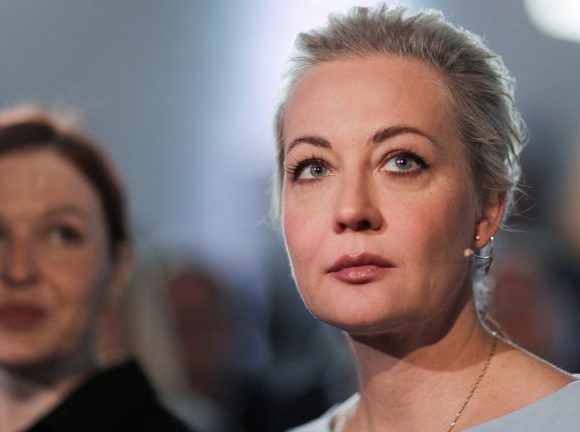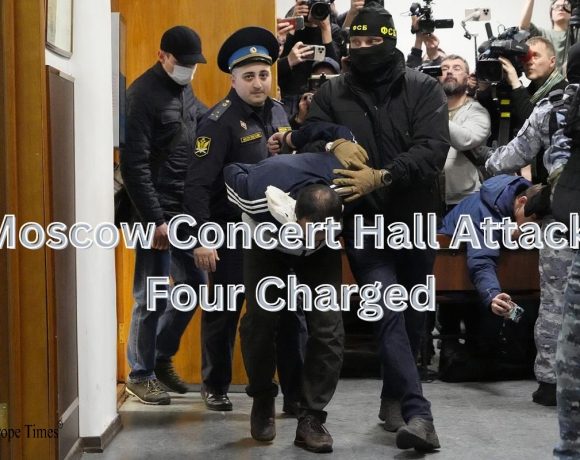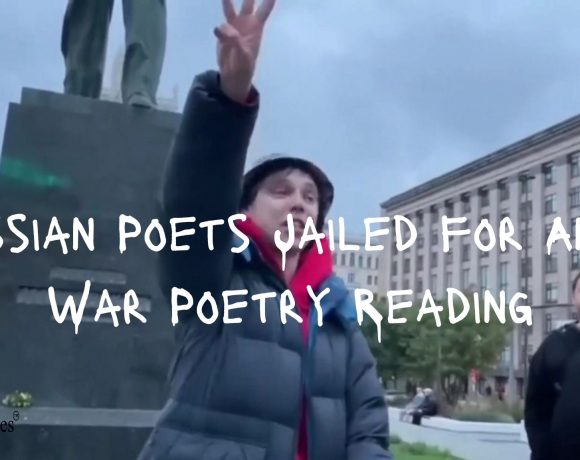
A court in Moscow has issued an arrest warrant for Yulia Navalnaya, the widow of Russian opposition leader Alexei Navalny, on charges related to her alleged involvement in an extremist organization, as reported by state media. Navalnaya, who resides outside of Russia, faces these charges in absentia. Alexei Navalny, widely regarded as Russia’s most prominent opposition figure in recent years, passed away earlier this year while in custody at a Russian prison. Russian authorities officially stated that his death was due to natural causes, but Navalnaya has publicly accused the Russian president, Vladimir Putin, of torturing and ultimately causing her husband’s death.
The Moscow court’s decision to issue the arrest warrant declared Navalnaya wanted, meaning she would be subject to arrest should she return to Russia. These charges appear to be linked to a June 2021 ruling by another Moscow court that outlawed three organizations associated with Navalny, branding them as extremist entities.
Despite being unable to attend her husband’s funeral in March, Yulia Navalnaya has continued to advocate for justice and human rights. She has met with several Western leaders, including US President Joe Biden. Recently, she was elected to chair the Human Rights Foundation, a US-based non-profit organization dedicated to promoting and safeguarding human rights worldwide. In her new role, Navalnaya has pledged to intensify the struggle her late husband fought against Vladimir Putin’s government.
This development underscores the ongoing tension between the Russian government and dissenting voices, both within the country and abroad, amid international scrutiny and condemnation of Russia’s human rights record and treatment of political opposition.
Picture Courtesy: Google/images are subject to copyright


